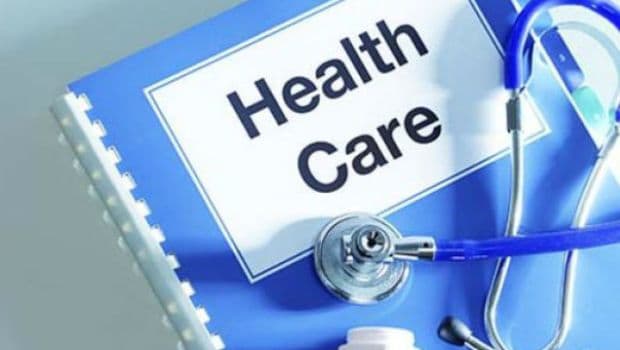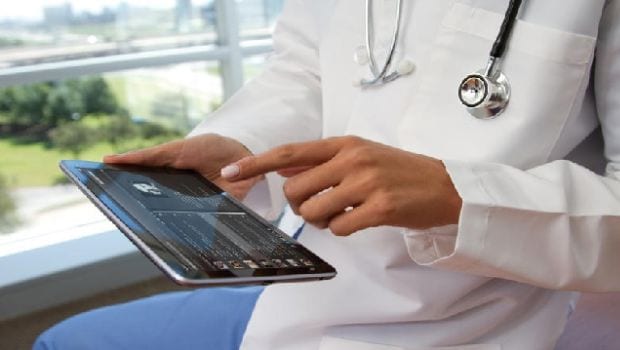In the cabinet meeting, which was chaired by Prime Minister Narendra Modi, the policy was given a go-ahead nod by all. Health Minister J.P. Nadda is likely to make a statement in both Houses of Parliament on Thursday about the main features of the policy.
Healthcare in India is still in the developing phase, and there's much help required to make healthcare of better quality and available at affordable prices. In an earlier event, President Pranab Mukherjee had said that India needed a robust health infrastructure with trained personnel and better access to medicines and equipment to ensure effective, affordable and universally accessible healthcare. An earlier study had also found that households across India still overwhelmingly depended on private providers for healthcare services over public healthcare. This definitely implies that there's much work to be done to improve public healthcare.
This new policy by the Indian Government has boosted the hope of millions, and we pray at in the years to come, there is a significant change.

Union Health Minister J.P. Nadda said the new Health Policy 2017 prioritises investments and financing of health services. The policy seeks to reorient and strengthen the public health systems. It looks at strengthening partnership with private sector.
"As a crucial component, it proposes raising public health expenditure to 2.5 per cent of the GDP in a time-bound manner. The policy advocates a progressively incremental assurances based approach," said Nadda while making a policy statement in Parliament.
Stating that the policy envisages providing larger package of assured comprehensive primary health care through the health and wellness centres, Nadda said the policy denotes important change from very selective to comprehensive primary health care packages.
These, he said, include care for major non-communicable diseases, mental health, geriatric health care palliative care and rehabilitation care services.
"In order to provide access to financial protection, it proposes free drugs, free diagnostics, free emergency and essential healthcare in all public hospitals," Nadda added.









